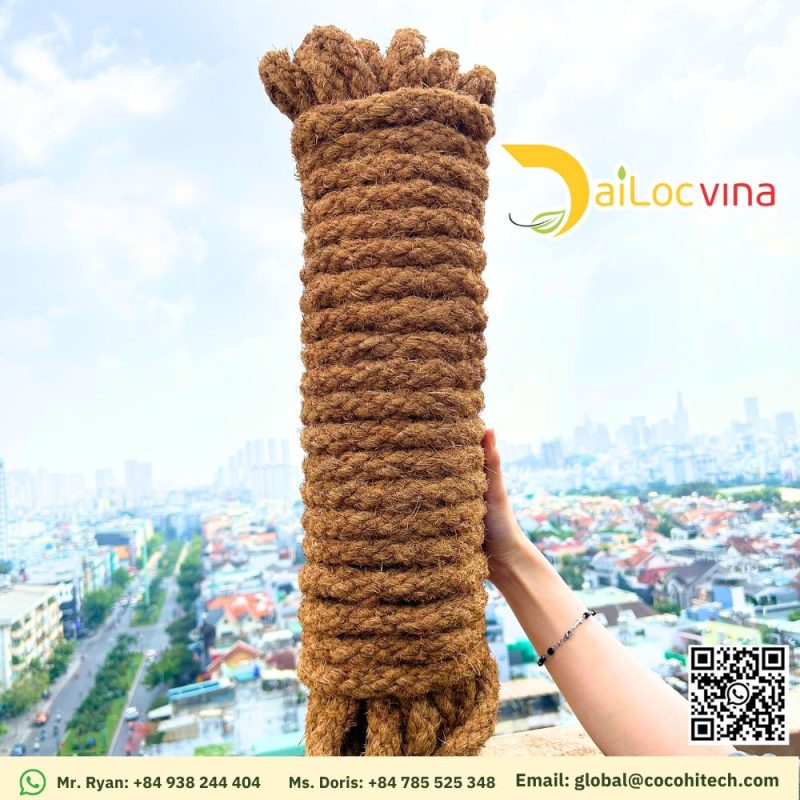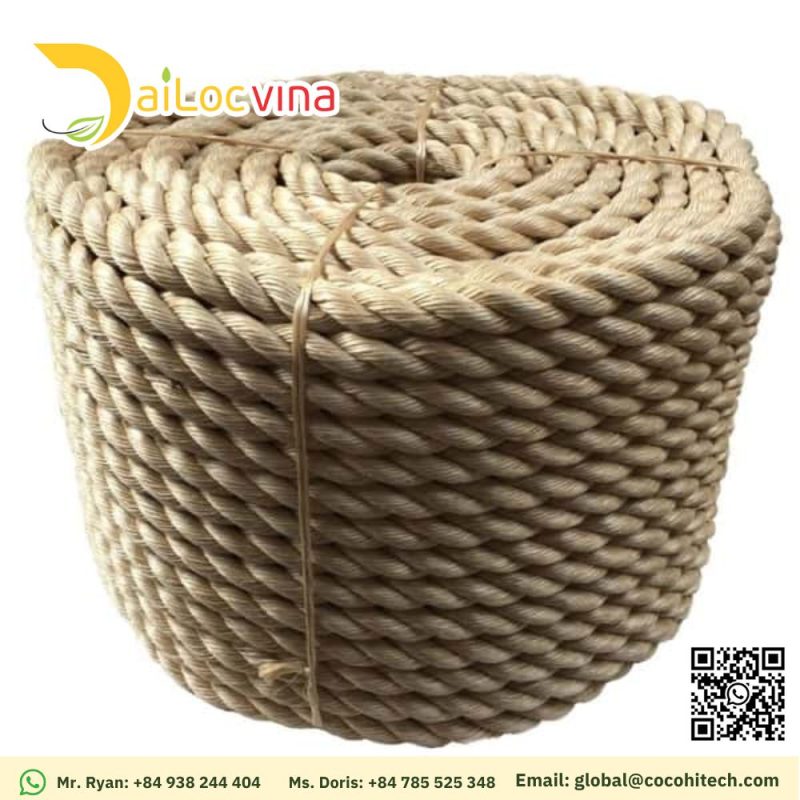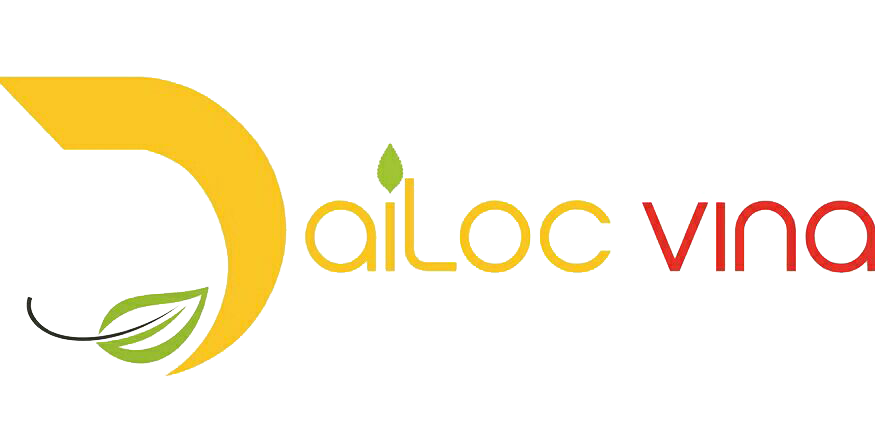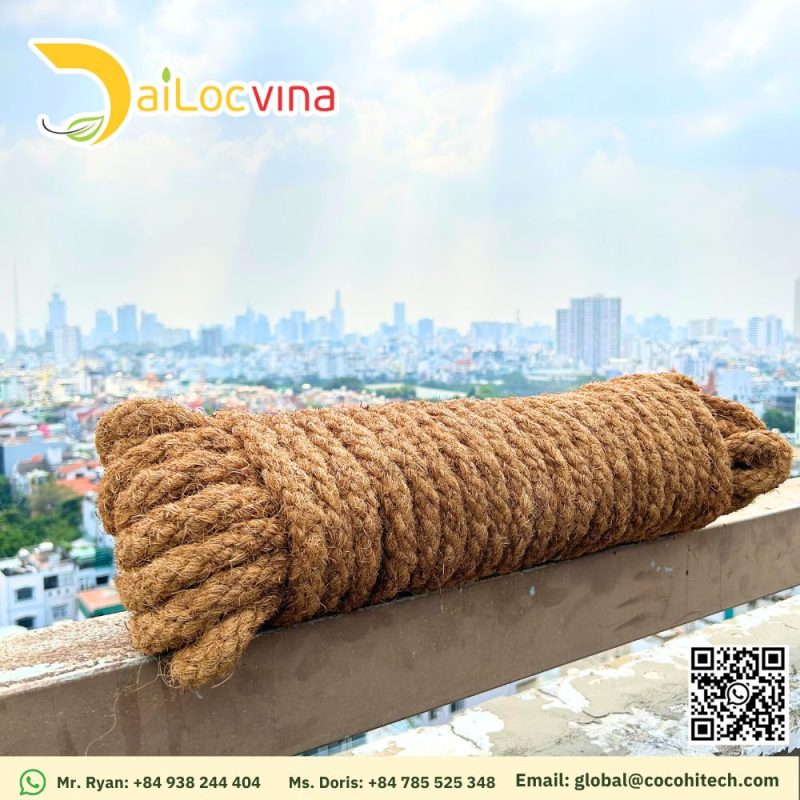News
COCONUT COIR ROPE AS A TECH CIRCULAR ALTERNATIVE TO SYNTHETIC ROPES PEARL FARMING
Coconut coir rope is a strong, natural rope made from the fibrous coconut husks. Coir rope, known for its great strength and resistance to water, particularly saltwater, is an eco-friendly, biodegradable alternative to synthetic ropes. Its natural resilience and rot-resistant qualities make it suitable for a wide range of applications, including maritime uses such as fishing nets, mussel farming, and boat anchoring. Coir rope is widely used in agriculture for plant support, trellising, and erosion prevention, particularly in pearl farming. Following the principles of circular economy and environmental stewardship.

Here’s why coconut coir ropes are the superior choice in this industry:
1. Eco-friendly and biodegradable
- Sustainable Material: Coir ropes are formed from the fibrous husk of coconuts, a renewable resource, giving them a completely biodegradable alternative to synthetic ropes, which frequently contribute to marine pollution.
- No microplastics: Unlike synthetic ropes, coir ropes decay naturally without introducing poisonous microplastics into the water, lowering the environmental impact of pearl farming.
2. Durability and Saltwater Resistance
- High Saltwater Tolerance: Coir fibers are naturally resistant to saltwater degradation, making them perfect for long-term use in marine conditions, such as underwater pearl farming structures.
- Long-term performance: Coir ropes are sturdy and resilient, providing dependable support for oyster baskets and frames in pearl farming operations, even in extreme ocean conditions.
3. Promoting the circular economy
- Resource Efficiency: The usage of coir ropes helps to close the loop in the coconut industry by converting agricultural waste into a valuable product used in pearl farming.
- Reduced Waste: When the coir ropes reach the end of their life cycle, they may be composted, leaving no residual waste, as opposed to synthetic alternatives, which must be disposed of and can remain in the environment for decades.
4. Increasing marine biodiversity
- Natural Habitat Creation: Because coir ropes are organic, they provide a more suitable environment for marine life, stimulating the growth of bacteria and algae that aid oyster growth in pearl farming.
- Minimizing Ecological Disruption: By removing synthetic ropes, which can trap and kill marine creatures, coir ropes help to create a healthier ecosystem and promote sustainable aquaculture operations.
5. Cost-effective and versatile
- Affordability: Coir ropes are generally less expensive than synthetic equivalents, especially given their inherent biodegradability and lack of disposal expenditures.
- Adaptability: They are adaptable and may be easily integrated into current pearl farming systems, offering a natural and cost-effective alternative.
Comparison Between Coconut Coir Rope and Synthetic Rope
Coconut Coir rope, derived from natural coconut fibers, and synthetic ropes, often constructed from nylon, polyester, or polypropylene, have varied properties that make them appropriate for different uses. Here’s a comparison between the two.
| Feature | Coir Rope |
|
|---|---|---|
| Material | Natural coconut coir fiber and cotton thread (biodegradable) | Man-made materials (nylon, polyester, etc.) |
| Environmental Impact | Eco-friendly, biodegradable, no microplastics | Non-biodegradable, may release microplastics |
| Durability in Water | Highly resistant to saltwater, doesn’t rot easily | may degrade over time due to UV exposure |
| Cost | Affordable | More expensive |
| Uses in Marine Applications | Ideal for marine and aquaculture use due to saltwater resistance | Widely used but can degrade in long-term water exposure |
| Heat Resistance | Can handle moderate heat | melt at high temperatures |
| Environmental Disposal | Decomposes naturally, can be composted | Difficult to dispose of, adds to plastic waste |
| Suitability for Eco-Friendly Projects | Perfect for eco-conscious projects (gardening, erosion control, aquaculture) | Unsuitable for eco-friendly initiatives due to environmental harm |

Many questions about Coconut coir rope for pearl farming
Question 1: How does coir rope influence the carbon footprint of pearl growing operations?
Coir rope reduces the carbon footprint of pearl farming by adopting a renewable, biodegradable resource that uses less energy to create, prevents plastic pollution, and promotes sustainable marine ecosystems.
Question 2: Can coir rope be utilized for pearl farming in adverse weather conditions?
Yes, coir rope is suitable for pearl farming in a variety of adverse weather situations, particularly saltwater areas with moderate storms and currents.
Question 3: How can coir rope help to ensure the overall sustainability of pearl cultivation practices?
Pearl growers can greatly improve their businesses’ sustainability by using coir rope, which reduces dependency on synthetic materials, minimizes environmental effects, and supports healthier marine ecosystems. This reflects the increased global emphasis on sustainable and environmentally friendly aquaculture operations.
Question 4: Will coir rope wear and tear over time in saltwater environments?
While coir rope is naturally resistant to saltwater, it can wear and tear over time, especially owing to environmental exposure, biofouling, and natural biodegradation. Regular maintenance and eventual replacement will be required, but coir rope remains a viable and environmentally benign solution for many marine farming activities.
Question 5: How does coir rope meet sustainable aquaculture certifications or pearl farming standards?
Coir rope can help pearl farming enterprises comply with sustainable aquaculture certifications or standards. Coir rope encourages eco-friendly methods, minimizes marine pollution, increases biodiversity, and contributes to lower carbon footprints, all of which help meet the standards of sustainable aquaculture certifications such as ASC, BAP, and MSC.
THE BEST DAILOCVINA’S COIR ROPE CHOICE
We, DAILOCVINA is proud to be the top manufacturer of coconut products such as: coir shade sail, coconut shade sail, coconut fiber mat, coir shade sail, coir mat, coir net, coir fiber mat, coco peat, coco coir pellet…. products at high quality with competitive price.

If you have inquiry, please contact our team sales:
Mr Ryan (Vietnam): +84 938244404 (Kakaotalk, Wechat, Whatsapp)
Ms.Lan ( 한국 영업 담당자 ): +84 969273598 | Kakaotalk ID: hoailan98 Ms.Ryna ( 한국 영업 담당자 ): +84 968987869 | Kakaotalk ID: Rynaspears209
阮秀钗 (中文): +84 933320776 微信ID:TuTram1008
阮祥薇(中文):+84397317401 微信ID:Nttv0608
Ms. Doris (English): +84 785525348 (WhatsApp/ Wechat)
Amy (English) :+84 965106010 (WhatsApp/Wechat/Kakao)
Website: https://cocohitech.com/ (English)
Website: https://kr.cocohitech.com/ (Korea)
Website: https://cocohitech.jp/ (Japan )
Youtube: https://www.youtube.com/watch?v=zX5ZM0szC6k

